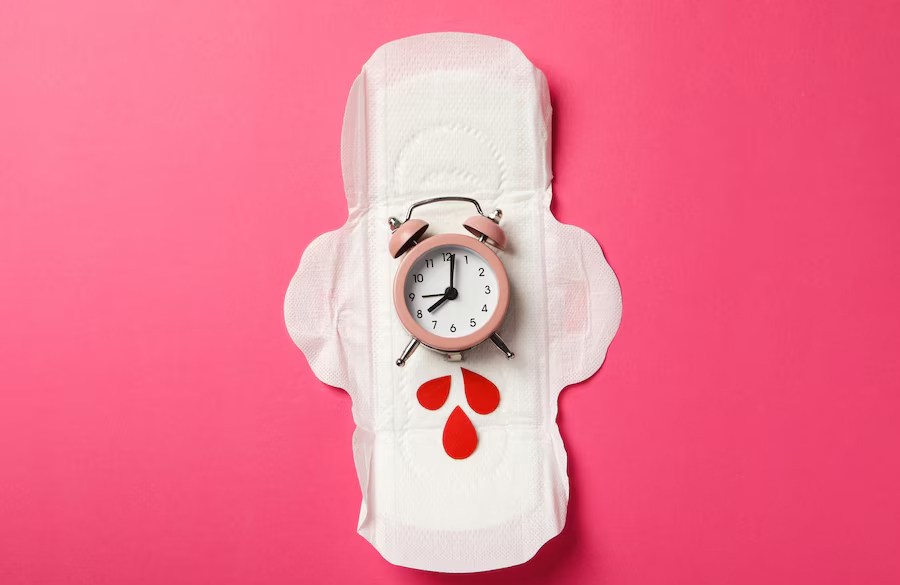
Menstrual cycles and frequency can be different for everyone who menstruates. While the average menstrual cycle is 28 days long, it can range from 21–45 days. On the other hand, period duration can also vary, lasting between two to seven days, with menstrual flow ranging from light to heavy.
Table of Content:-
Generally, a normal menstrual volume is less than 80 ml, or about 1/3 cup of blood over the entire period. Therefore, missing periods entirely, a condition called amenorrhoea, or experiencing excessively heavy bleeding, menorrhagia, can be a cause for concern. This article focuses on the latter, helping you distinguish it from a normal heavy flow.
Also Read: Heavy Menstrual Bleeding? Know The Causes, Symptoms And Treatment Of Menorrhagia From An Expert
Is It Normal To Have Heavy Periods?

Heavy periods are normal, says Dr Amodita Ahuja, Gynaecologist, PSRI Hospital, New Delhi, adding that they can occasionally be heavy at different times; for instance, when you first start your periods, after pregnancy, or after menopause.
According to the doctor, heavy periods can be caused by hormonal changes that cause the uterine lining to grow faster than usual.
But how do you determine if your period is heavy? Here are some signs to note:
- Need to change your pad or tampon every hour or two.
- Using more than one pad at a time
- Changing your pad or tampon during the night
- Passing large blood clots
- Bleeding through your clothes
- Feeling weak, tired, or sluggish
When Should You Be Concerned About Heavy Periods?

While heavy periods are usually normal, in certain cases, they can be a sign of menorrhagia. Menorrhagia, also known as abnormal uterine bleeding or heavy menstrual bleeding, is a condition where menstrual bleeding is very heavy or lasts longer than normal.
“The hallmark symptoms of menorrhagia include having a period that lasts more than a week and soaking through a tampon or sanitary pad every hour for many hours,” shares Dr Ahuja.
Other symptoms might include the passing of blood clots bigger than a quarter, needing to use double sanitary protection (for example, two pads), waking up to replace your sanitary protection during the night, and exhibiting signs of anaemia (feeling weary or short of breath).
Additionally, it is important to consult a doctor if heavy periods are being caused by underlying conditions like endometriosis, endometrial polyps, endometrial hyperplasia, adenomyosis, fibroids, and Polycystic Ovarian Syndrome (PCOS).
How To Confirm Whether Heavy Periods Are Normal Or Concerning?

One or more of the following tests can help determine whether you have a menstrual bleeding problem:
- A blood test is used to screen for anaemia, thyroid abnormalities, or issues with blood clotting.
- A Pap test is used to determine whether you have an infection, inflammation, or alterations in your cells that may be cancerous or cause cancer.
- Endometrial biopsy to determine whether you have cancer or other abnormal cells.
- Ultrasound to visualise the appearance of your blood vessels, tissues, and organs.
Conclusion
Heavy periods are usually not a cause for concern, unless it lasts for more than a week or necessitates changing a pad or a tampon every hour. Doctors recommend getting proper tests and screenings to evaluate overall health and to rule out underlying reproductive conditions like endometriosis, PCOS, and fibroids. Consult a healthcare provider in case the symptoms become more prominent and worsen over time.
Also watch this video
How we keep this article up to date:
We work with experts and keep a close eye on the latest in health and wellness. Whenever there is a new research or helpful information, we update our articles with accurate and useful advice.
Current Version